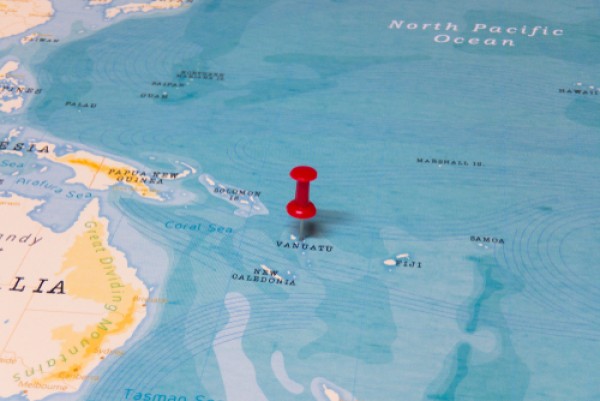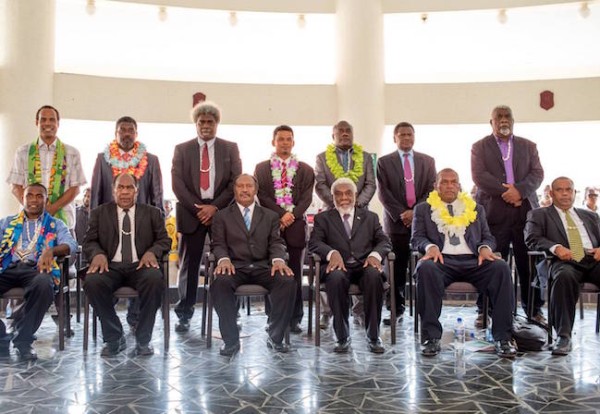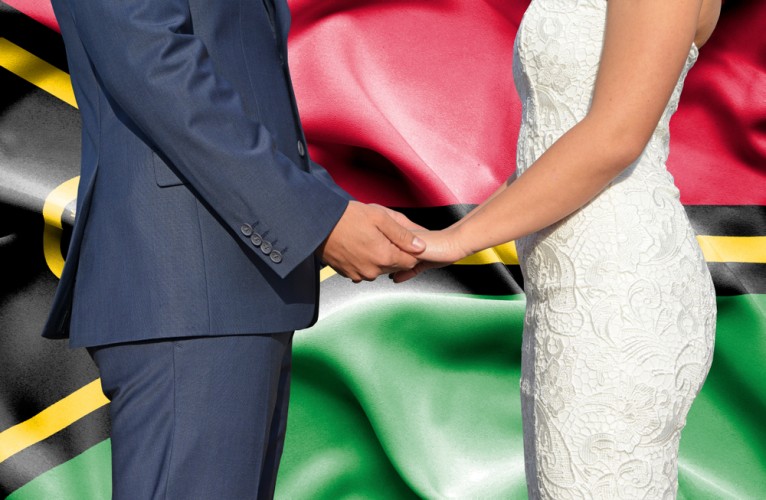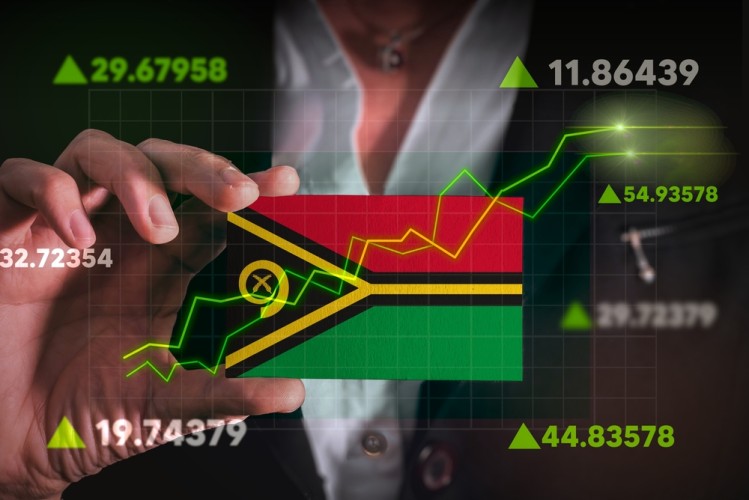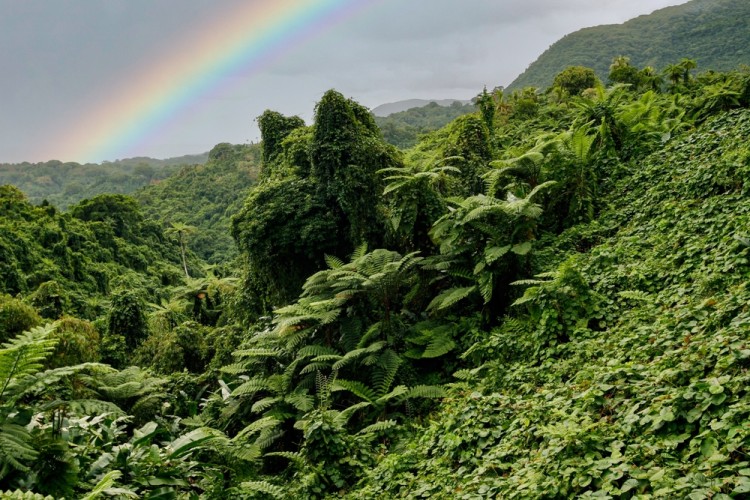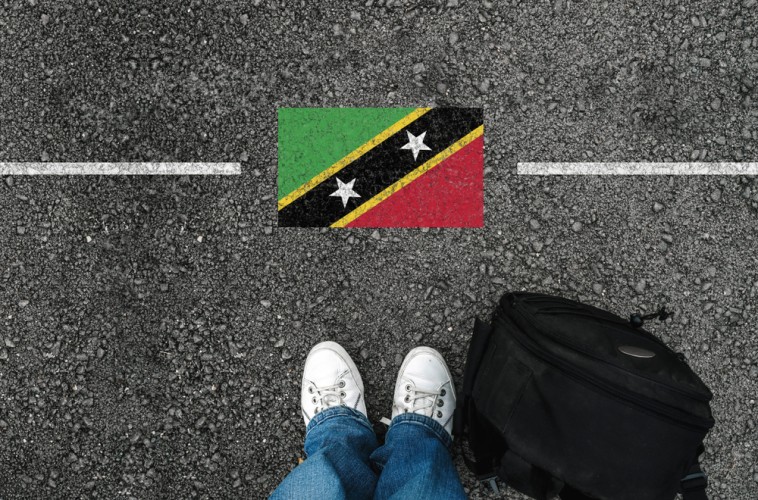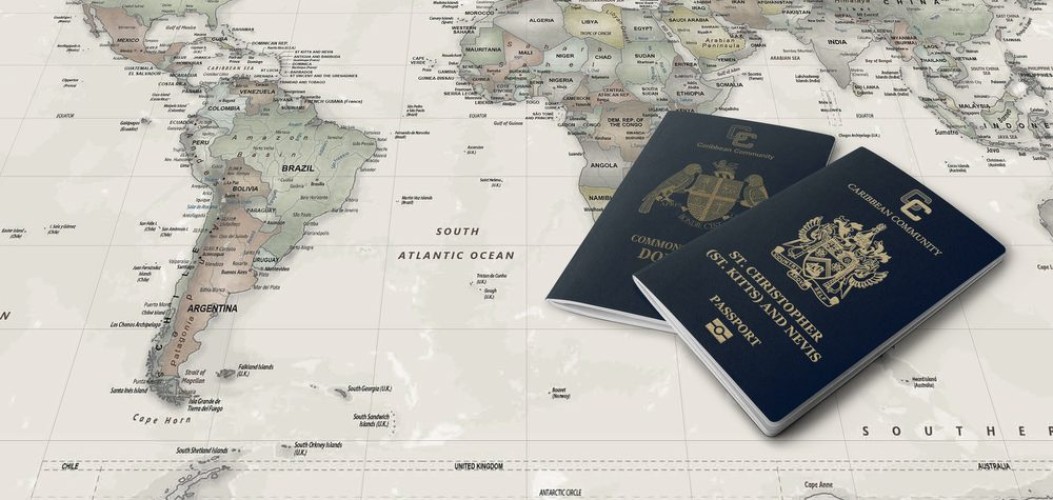Vanuatu is a small island nation located in the South Pacific Ocean, known for its pristine natural beauty, unique cultural heritage, and welcoming people. Despite its modest size, Vanuatu plays an important role in the Pacific region as a country that has preserved many traditional practices while engaging with modern global developments. Its volcanic landscapes, coral reefs, and rich traditions make it a destination of interest for both travelers and researchers. This article explores Vanuatu’s geography, history, languages, government, economy, and tourism to provide a comprehensive overview of the nation.
Geography and climate
Vanuatu is an archipelago consisting of approximately 83 islands, stretching over 1,300 kilometers. The islands are of volcanic origin, resulting in rugged terrain, fertile soils, and frequent seismic and volcanic activity. Mount Yasur on Tanna Island is one of the most active volcanoes in the world and a popular tourist attraction. The country has a tropical climate with two distinct seasons. The wet season, from November to April, is characterized by heavy rainfall and the potential for cyclones. The dry season, from May to October, brings milder weather, lower humidity, and cooler nights.
This climate supports lush vegetation, making Vanuatu rich in biodiversity. Coral reefs and marine ecosystems surrounding the islands are among the most diverse in the South Pacific, supporting fisheries and eco-tourism.
History
Vanuatu’s history is deeply connected to both indigenous traditions and colonial influences. Archaeological evidence suggests that the islands were settled around 3,000 years ago by Austronesian-speaking peoples. They developed unique cultures and languages, many of which still exist today.
By the 19th century, both powers established colonial claims, and in 1906, they created the Anglo-French Condominium of the New Hebrides, a rare system of joint governance. After decades of colonial administration, Vanuatu gained independence on July 30, 1980. The country adopted its current name, which means “Our Land Forever” in the local Melanesian language. Since independence, Vanuatu has maintained political stability and continues to strengthen its national identity while balancing traditional values with modernization.
Languages
Vanuatu is one of the most linguistically diverse countries in the world. Despite its small population of about 300,000 people, the nation has over 100 distinct local languages. This makes Vanuatu the country with the highest density of languages per capita. In addition to local dialects, three official languages are recognized: Bislama, English, and French. Bislama, a creole language derived from English, serves as the lingua franca and allows communication across different communities. English and French remain influential due to the colonial past and are widely used in government, business, and education. This linguistic diversity reflects the country’s complex cultural history and its openness to international connections.
Citizenship of Vanuatu
Vanuatu offers one of the world’s fastest Citizenship by Investment (CBI) programs, attracting investors and global citizens seeking greater mobility. The program enables applicants to obtain full Vanuatu citizenship through a financial contribution to the national development fund, without residency, language, or interview requirements. Applicants can choose between several investment routes:
- A non-refundable donation through the Development Support Program (DSP);
- The Cocoa Sustainable Fund (CSF), including a portion redeemable after several years;
- Investment in government-approved real estate projects.
Citizenship is typically granted within 30–90 days, depending on the chosen route. The Vanuatu passport grants visa-free or visa-on-arrival access to over 90 countries, including the UK, Singapore, and Hong Kong, and allows dual citizenship. However, it’s important to note that the Capital Investment Immigration Plan (CIIP) option—an additional investment pathway—was suspended in March 2025 due to regulatory concerns and security scrutiny. While the DSP, CSF, and Real Estate Option remain active, the CIIP remains on hold until further notice.
Current Status (August 2025)
The CBI program is operational, with the DSP, CSF, and Real Estate routes available. The CIIP option remains temporarily suspended. The Vanuatu government continues to evaluate and reinforce its regulatory framework to align with international standards.
| Country / Program | Minimum Contribution (USD) | Processing Time | Visa-Free Destinations | Dual Citizenship Allowed | Current Status |
|---|---|---|---|---|---|
| Vanuatu (DSP, CSF, REO) | From $130,000 | 1–3 months | ~90–110 | Yes | Active (CIIP suspended) |
| St. Kitts & Nevis CBI | From $150,000 | 3–6 months | 150+ | Yes | Active |
| Grenada CBI | From $150,000 | 3–6 months | 140+ | Yes | Active |
| Dominica CBI | From $100,000 | 3–6 months | 140+ | Yes | Active |
| Antigua & Barbuda CBI | From $100,000 | 4–6 months | 150+ | Yes | Active |
If you’re seeking one of the fastest and simplest CBI programs available, Vanuatu remains an excellent option—provided you choose one of the active pathways. While the CIIP is temporarily suspended, the DSP, CSF, and Real Estate routes continue to offer reliable paths to citizenship with fast processing, dual nationality, and generous travel privileges.
Government
Vanuatu is a parliamentary democracy within a unitary republic framework. The president is the head of state, elected by an electoral college composed of members of parliament and regional presidents. The prime minister serves as the head of government and holds executive authority. The national parliament is unicameral and consists of 52 members, elected every four years. Vanuatu’s political system emphasizes consensus and inclusivity, reflecting the traditions of village-level decision-making that still play a significant role in society.
(Photo: Vanuatu Daily Post)
Local chiefs and customary institutions coexist with formal democratic structures, shaping governance in a unique way. The judiciary is independent, and the legal system incorporates elements of English common law, French law, and customary law. This hybrid system allows for flexibility while respecting traditional practices.
Economy
Vanuatu’s economy is small but diverse, relying primarily on agriculture, fisheries, tourism, and foreign aid. The majority of the population engages in subsistence farming, producing crops such as yams, taro, kava, and coconuts. Kava, a traditional plant used to make a ceremonial drink, is also one of Vanuatu’s key export products. Tourism is another major driver of the economy, with visitors drawn to its natural beauty, scuba diving sites, and cultural experiences. Offshore financial services also contribute to the economy, though international regulations have increased scrutiny on this sector. To illustrate the structure of Vanuatu’s economy, the table below presents key indicators:
| Sector | Contribution to GDP (%) | Notes | Source |
|---|---|---|---|
| Agriculture & Fisheries | 20–25% | Includes subsistence farming, copra, kava, cocoa, coffee, and fisheries | World Bank |
| Tourism | ~40% | Accounts for nearly half of GDP when including related services | UNWTO |
| Industry | ~10% | Light manufacturing and construction | Asian Development Bank |
| Services (finance, trade, etc.) | ~25–30% | Includes offshore financial services, trade, and logistics | IMF |
Vanuatu’s economic resilience is often tested by natural disasters such as cyclones and volcanic eruptions, which can cause significant disruptions. Nevertheless, the government is working to diversify the economy and attract sustainable investment.
Tourism
Tourism is a cornerstone of Vanuatu’s development strategy. The islands are famous for their turquoise waters, white-sand beaches, and world-class diving sites such as the SS President Coolidge wreck. Cultural tourism is also strong, with visitors drawn to traditional dances, ceremonies, and the unique land-diving ritual on Pentecost Island, considered a precursor to modern bungee jumping. Adventure tourism is increasingly popular, with activities such as volcano trekking on Mount Yasur, zip-lining, and eco-tours through lush rainforests. The country’s hospitality sector is growing, with resorts and guesthouses ranging from luxury accommodations to budget-friendly options. The government and private sector are collaborating to promote sustainable tourism that preserves natural and cultural heritage while providing income for local communities. This balance is crucial for ensuring that tourism remains a long-term driver of economic growth.
As the country continues to develop, Vanuatu faces challenges such as climate change, natural disasters, and economic vulnerability. However, with its cultural richness and strategic approach to sustainable growth, Vanuatu remains a unique and significant presence in the South Pacific.

